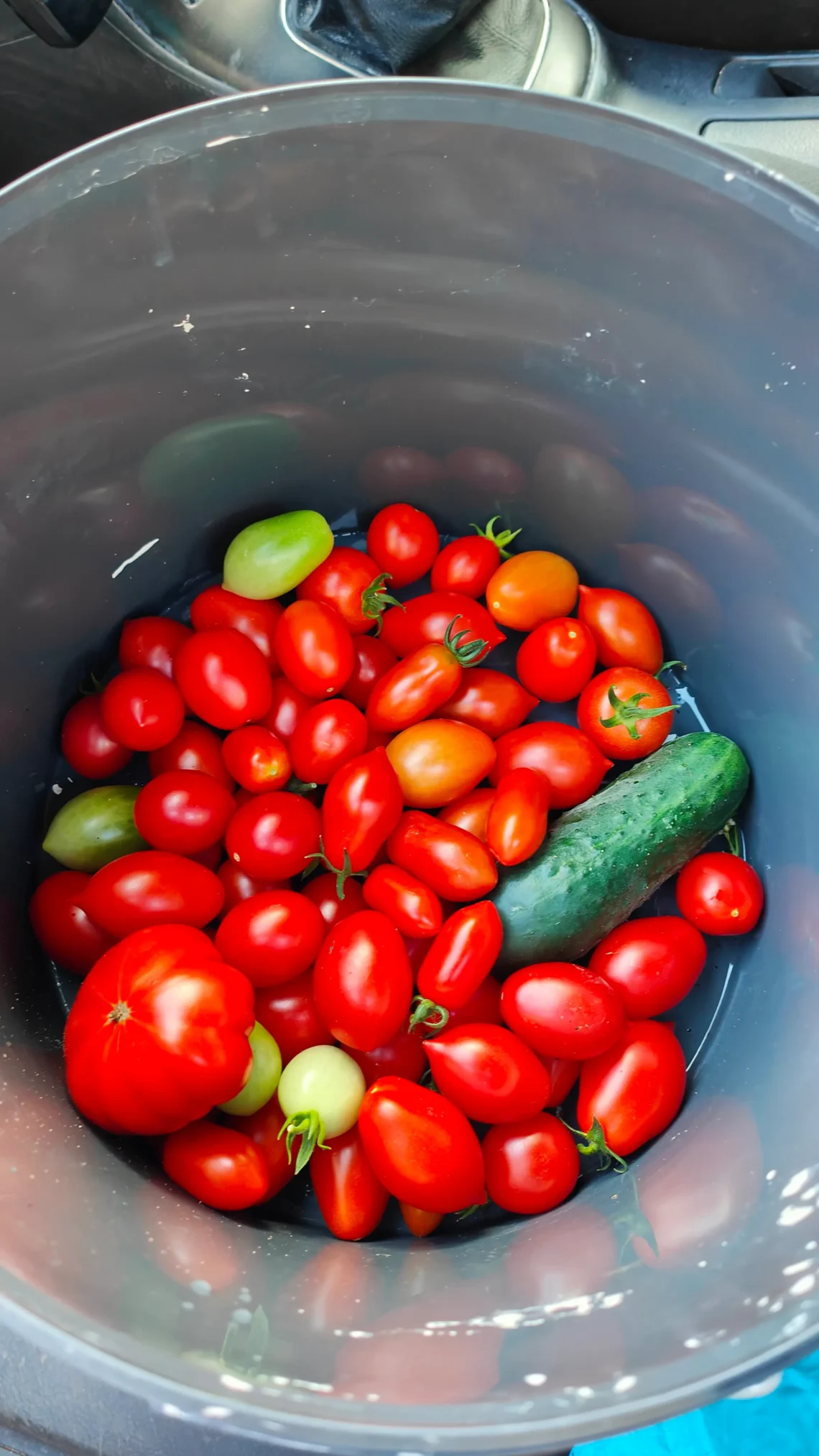Energy
Energy
-
Net Zero and Carbon Credits Exposed for all to See!
Net Zero and Carbon Credits are both concepts that allow polluters to continue to pollute. Fact. Both ideas have been drawn up to not rock the boat, yet to appear as though governments are doing something about global warming. The glaring problem with Net Zero and Carbon Credits are the words “net” and “credits”. https://www.efeca.com/wp-content/uploads/2021/12/UK-RTSS-APR-2021.pdf I’m writing this because today I learned that an estate in Leicestershire will earn £120,000 by farming sustainably. Every farmer should be farming sustainably. There’s a dark side to the £120,000 though. The farm in question is selling the carbon credits. Some are being bought by the Mercedes Benz formula one team so that they can claim in time to becoming a net zero racing outfit. In other words Mercedes Benz are buying Net Zero and Carbon Credits to improve their status whilst still producing the same level of CO2. And remember CO2 production is cumulative not annually turned over. Net Zero and Carbon Credits are misleading. Im typing stuff just for the sake of typing the words net zero…
-
Methane Emissions Must be Eliminated as a No 1 Priority
Short term gains in the fight to save the planet can be made if we understand that dealing with methane emissions must be a priority 1st is best. Methane is rapidly heating up our world and some sources we can directly control. Its is fact that Carbon Dioxide does most of the long term damage, but it is also true that Methane is over thirty times more potent than CO2. Methane also leaves the atmosphere fairly quickly, Carbon Dioxide does not. So, where are the sources of Methane emissions? Agriculture, decomposition of waste and fossil fuels – these are under our control and account for 60% of the Methane in the atmosphere. The majority of this is agriculture, namely livestock farming. Wetlands are the largest natural source and there is little we can do there. However wetlands absorb methane too and vast amounts of Carbon Dioxide. Wetlands are also critical for biodiversity and home to a disproportionately large number of species: All about Methane Emissions Methane (CH4) is a powerful greenhouse gas, and is the…
-
Is Biomass a Sustainable Fuel?
There is a good biomass case study right on our doorstep here in Yorkshire. Drax power station. Drax was responsible for three per cent of the UKs total carbon emissions last year. Our last coal fired power station at Ratcliffe on Soar was responsible for a quarter of that. This power station closed on Monday 30th September 2024. Frankie Mayo, an analyst at Ember, said: “Burning wood pellets can be as bad for the environment as coal; supporting biomass with subsidies is a costly mistake.” Is Biomass a Sustainable Fuel ? There are some biomass articles in our Document Library relating to Drax: If you want to learn more about what you can do change our world, become a full member at Earth and Leaf Is Biomass a Sustainable Fuel ? – Q and A Question Where do the Drax biomass wood pellets come from? Answer North America and Canada, a little from the UK Conclusion How much Carbon Dioxide does Drax produce each year? Drax directly produces 11.5 million tonnes of Carbon Dioxide per…
-
Cows Milk in our Diet – the Future
The future of cows milk in our diet is up for discussion. It is the most consumed dairy product in the world by volume and in the UK is cheaper than bottled water. By an accident of genetics, Caucasian peoples are able to digest cows milk, but many are intolerant to some degree. In contrast Asian origin people are, post infancy, unable to digest cows milk. Founder of Earth and Leaf – Iain Dunn “My career is founded on milk. Early on this was through the family farm. We milked about 36 cows to a bucket in traditional cowsheds. These cows frequently lived to 12 or more years of age. Later I attended Agricultural College and then University where I studied Agricultural Sciences. I am still learning about milk thirty six years later. I have spent most of my working life in the dairy industry mostly with cows but also with goats.” Cows Milk in our Diet Cow’s milk is not a great food source for vast numbers of people on our planet. There are…
-
Taking Account of Hidden Costs Results in Sustainable Food Production
Taking account of hidden costs in food production will result in sustainable food production. These hidden costs are called Externalities in traditional economics. That sounds really complicated. It isn’t. True cost accounting is the correct way to look at and evaluate these hidden costs. Mainstream economics hides these costs with good reason. Many seemingly profitable economic decisions would not be taken if these costs were taken into account. This change in our economic system is vital to protect our world. It is also vital that the system is adopted by the United Nations, the only way that China, Russia, India and in particular, the USA can be pressurised to comply. This video was produced by Friends of the Earth Taking Account of Hidden Costs Classical economics does not take account of externalities. In the science of economics the term externalities is used to lump together the external costs of an economic action or policy. Historically we have been informed that these costs are very difficult to measure; so they are ignored which is really convenient…
